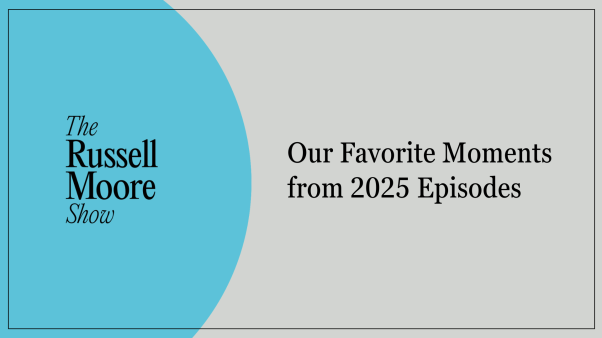When Candy Gunther Brown interviewed Christians in the Pentecostal tradition for her 2012 book, Testing Prayer: Science and Healing, she made a surprising discovery. Many Christians who believed in the healing power of prayer were also using alternative medical practices such as homeopathic medicine, chiropractic medicine, acupuncture, and yoga—practices stemming from non-Christian traditions. In her new book, The Healing Gods: Complementary and Alternative Medicine in Christian America (Oxford University Press), Brown, a religion professor at Indiana University, explores the faith underpinnings of complementary and alternative medicine (CAM) and the ways Christian America has appropriated it. CT reporter Ruth Moon spoke with Brown about why CAM appeals to some American Christians.
The Healing Gods: Complementary and Alternative Medicine in Christian America
Oxford University Press, USA
336 pages
$55.82
Why examine the religious underpinnings of CAM?
Some Christians, if they knew more about the religious connections of alternative medicine, wouldn’t want to participate. Some people I interviewed started off as enthusiasts for different alternative medicines. But once they found out about the religious dimensions, they didn’t want anything to do with it.
There’s also evidence that practicing something connected with religion can actually change people’s beliefs. Christians, in particular, tend to think a person’s intent determines whether something is religious. They don’t realize that active participation can actually change someone’s intent. Over time, people who start off attracted to an alternative practice because there’s a perceived health benefit start to embrace the religious ideas underneath these practices.
How are these practices different from Christian faith?
Many CAM practices share the assumption that there’s a sort of spiritual energy at work. It’s not something physical. You don’t have to touch it directly. The underlying assumption is that creator and creation, divine consciousness and nature, are essentially one substance.
In historic Christian theology, however, God is distinct from his creation, and the Holy Spirit is actually a person, a member of the Trinity, not just a kind of impersonal energy. And the remedy to the separation between humans and God is repentance and faith, not just physically unblocking impersonal energy.
You note that Protestantism, as opposed to the Catholic tradition, is particularly word-centered, which makes Protestants likely to gloss over the religious dimensions of these medical practices. Are there other implications?
Protestants have a blind spot regarding religions that emphasize practice and experience. Words may not be spoken, but the performance of ritualized or symbolic actions can create moods and motivations that support a worldview, a philosophy of life. Protestants, because they’re focused on words, do not always recognize how other religions can be religious even if they’re not like Protestantism.
Protestants also tend to worry about learning too much about other religions, because they intuit that this kind of knowledge can be corrupting. The irony is that they end up likelier to participate in practices that come from other religions—because they don’t recognize them as religions—even though they’re trying to avoid them by not reading about them.
Christians have been appropriating other religious traditions for centuries. What’s the difference between, say, yoga and Christmas?
The assumption is that religious traditions and practices become more secular over time or lose their earlier associations. That’s certainly true for some practices. Take Easter. It used to be a fertility ritual; you have bunny rabbits and eggs so that you’ll get more babies. But that association is essentially defunct.
That’s a key difference between Christmas or Easter and something like yoga. With yoga, those religious associations are still very present. If you look at what’s being done in yoga classes, they’re still very religious practices.
Another problem is psychological. People tend to reason, for example, that yoga equals good posture and therefore feeling good. They may at first seek out Christian yoga, but even if it’s relabeled, the non-Christian content remains. Christians may say it’s a neutral container, and we’ll just shift the contents or replace ingredients like in a recipe. But in terms of what actually happens, it’s not necessarily easy to shed the associations that go with the practices.











